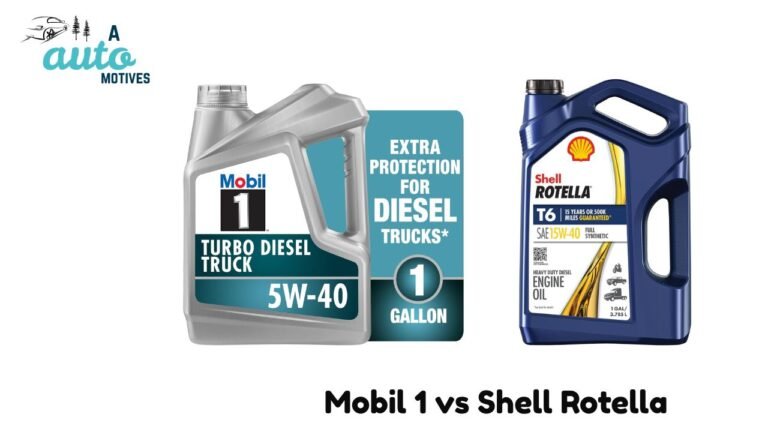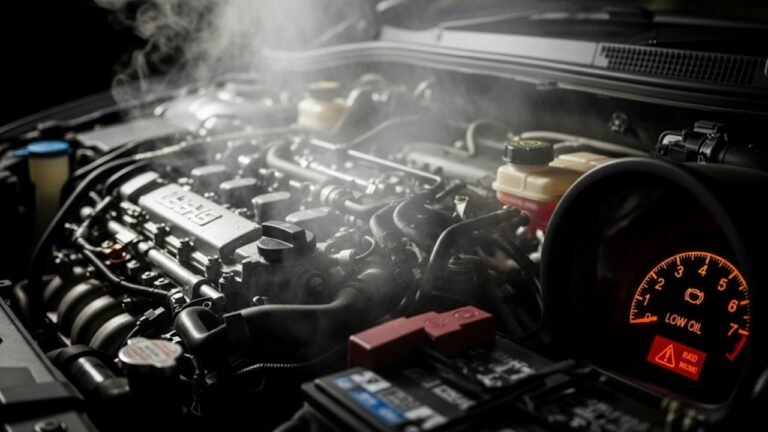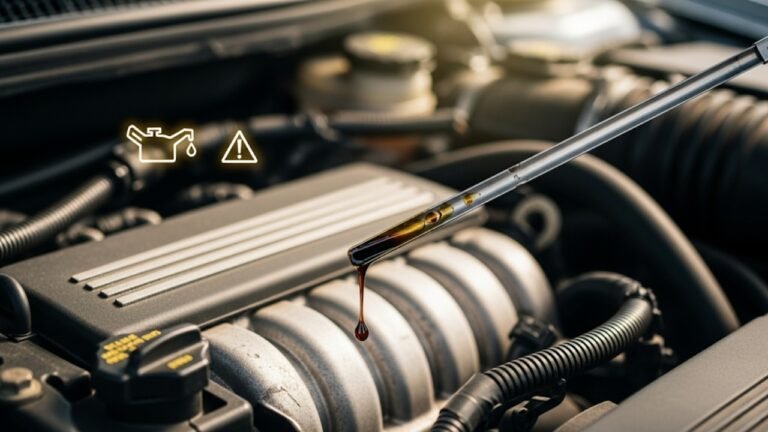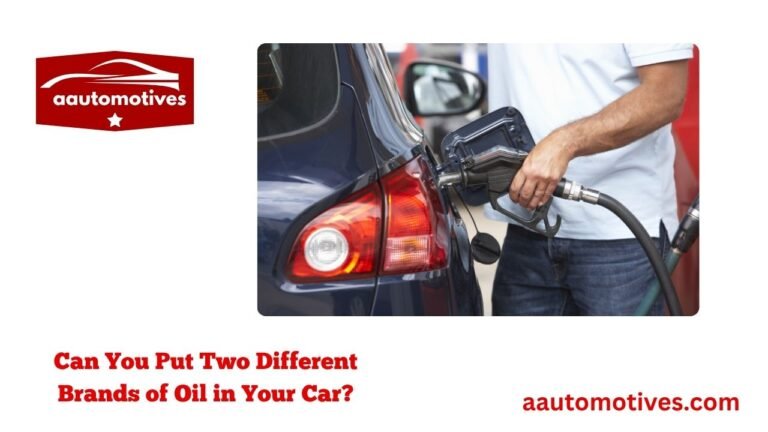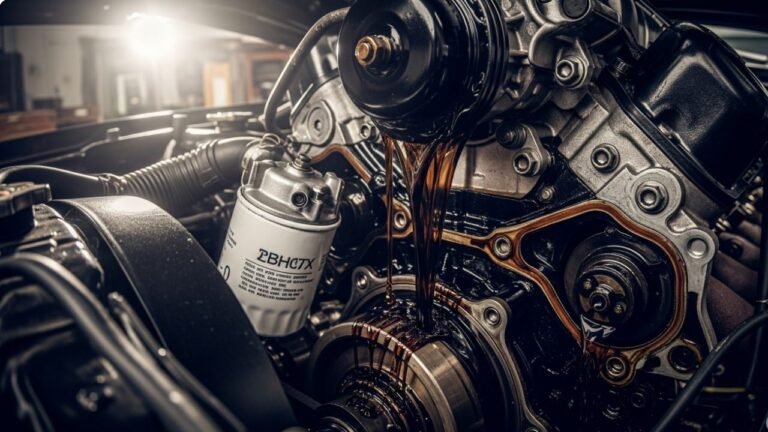Havoline vs Quaker State: My Honest Experience
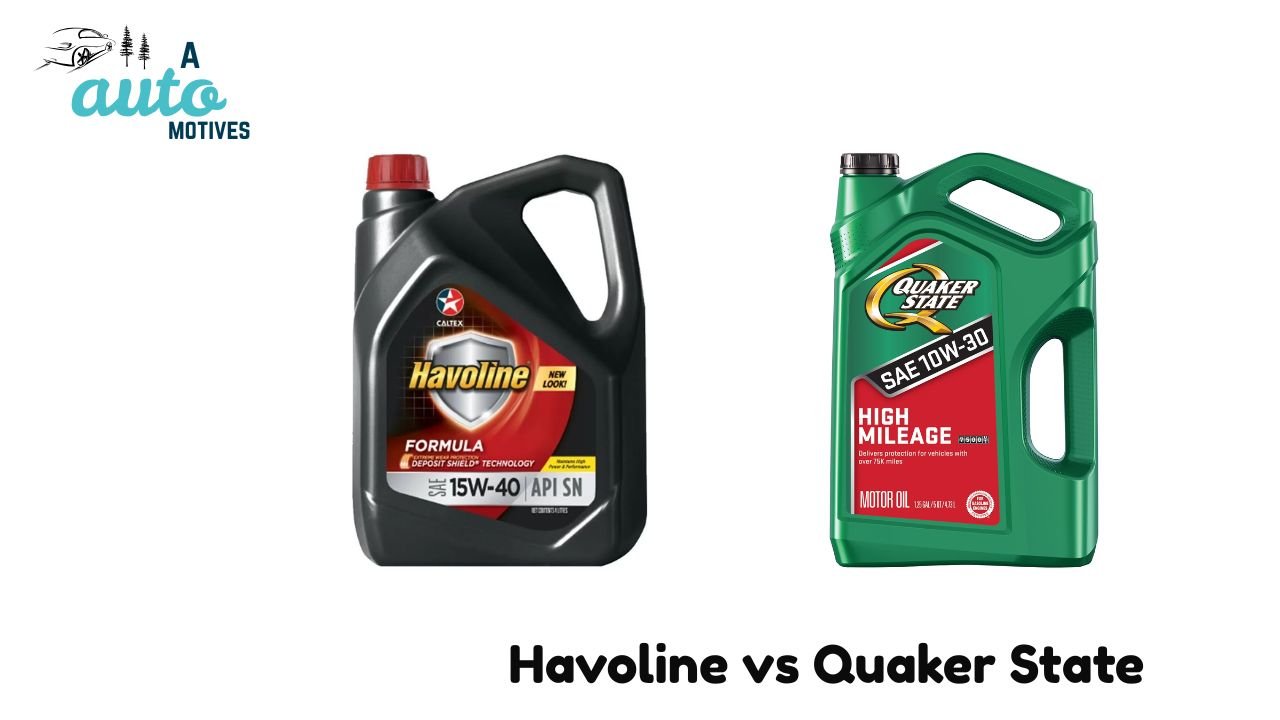
When it comes to motor oil, choosing the right brand can feel like choosing a teammate—you want one that always has your back, no matter how rough the road gets. Whether you’re starting your truck on a cold New York morning or cruising through Florida’s summer heat, the oil inside your engine quietly decides how smoothly your day goes.
I’ve personally tested Havoline and Quaker State on real roads—not just reading labels or reviews. I drove through chilly mornings, dusty highways, and bumper-to-bumper traffic, switching between the two oils over several months. What I discovered surprised me in more ways than one.
So, if you’re standing in the auto aisle, holding two bottles, wondering which one’s better for your ride, this story’s for you. Grab your coffee, and let’s take this road trip together.
Havoline Oil Review – My Real-Life Road Test

I first tried Havoline because a close friend (a long-time mechanic) swore by it. He told me, “If you want your car to sound like it’s purring instead of coughing, go Havoline.” Naturally, I had to see for myself.
Cold Weather Starts – No More Morning Grumbles
If you’ve ever turned your ignition on a frosty morning and heard your engine hesitate like it’s had too little sleep, you’ll understand my struggle. With Havoline 5W-30 Full Synthetic, that changed instantly. Even in 20°F weather, my car started smoothly—no lag, no awkward stutter. It felt like the oil was already awake before I was.
The oil’s low-temperature viscosity really stood out. It flowed quickly, reaching the engine parts fast and keeping wear to a minimum. That smooth startup saved me from the usual anxiety of winter mornings.
Highway Drives – Whisper-Quiet Cruising
On a 600-mile trip across Georgia, I noticed something subtle but satisfying—the engine quieted down. You know that low hum you sometimes feel through the steering wheel? Gone. My car felt smoother, lighter, and surprisingly more responsive.
I even got a small fuel efficiency bump—about 1–2 miles per gallon more than before. That’s not huge, but over long trips, it adds up. It’s like getting a free tank after a few thousand miles.
City Traffic – Staying Cool Under Pressure
Now, this is where most oils show their true colors. Stop-and-go driving under summer heat is brutal on engines. But even in 90°F weather, Havoline kept its cool. My temperature gauge stayed steady, and there was zero sign of sludge.
The secret sauce? Deposit Shield Technology—a cleaning agent that stops gunk from forming inside the engine. Think of it as a skincare routine for your car—it keeps things clean and glowing from the inside.
What Makes Havoline Stand Out
| Feature | Description |
|---|---|
| Viscosity Options | 0W-20, 5W-20, 5W-30, 10W-30, and high-mileage types |
| Oil Types | Full Synthetic, Synthetic Blend, and Conventional |
| Certifications | API SP, ILSAC GF-6, Dexos1 Gen 2 |
| Additives | Deposit Shield Tech, Friction Modifiers, Anti-Wear Agents |
| Oil Change Interval | 7,500–10,000+ miles (depending on driving habits) |
In plain words, Havoline isn’t just another oil—it’s built for people who actually drive, not just commute. Whether you’re hauling loads or running errands, it keeps things stable and quiet.
What I Liked About Havoline
-
Strong Protection: My engine stayed cleaner than ever, even after long drives.
-
Quiet Ride: Noticeably less vibration and noise.
-
All-Weather Ready: Worked beautifully in both summer and winter.
-
Longer Oil Changes: I didn’t need to change it for almost 9,000 miles.
-
Better Fuel Economy: Saved a few bucks on gas without trying.
Where It Could Improve
No oil is perfect, and Havoline’s got a few quirks:
-
Slightly Costlier: Costs more upfront than regular oils.
-
Limited Stock: Some viscosity grades are hard to find locally.
-
Best with Quality Filters: It performs best if you use a high-grade oil filter.
-
Not Ideal for Older Engines: Thicker oil might suit old vehicles better.
Who Should Try Havoline
If you:
Drive long distances or go on frequent road trips.
Live where weather swings between freezing and boiling.
Own a modern car or a hybrid that demands premium oil.
Want fewer oil changes per year.
Then yes, Havoline is made for you.
But if you’re:
On a strict budget.
Using an older, high-mileage car.
Racing or modifying engines.
You might want to look elsewhere or use a different grade.
Final Thoughts on Havoline
After about 8,500 miles, I can confidently say Havoline Full Synthetic 5W-30 is one of the most balanced oils I’ve ever used. It kept my engine running smoothly, my fuel economy consistent, and my peace of mind intact.
Compared to big names like Castrol, Mobil 1, and Pennzoil, Havoline holds its own—especially in terms of cleanliness and stability. It’s like the reliable friend who always shows up when your car needs it most.
Bottom Line: Havoline isn’t just oil—it’s quiet protection bottled up.
Quaker State Oil Review – My Honest Take

Now, let’s switch gears. After finishing my Havoline test, I gave Quaker State Full Synthetic 5W-30 a fair spin. I’d heard glowing reviews online and even saw it topping charts on Amazon. Naturally, I had to find out if it lived up to the hype.
Cold Starts – Smooth as Butter
The first thing I noticed? No resistance at ignition, even at 18°F. My car started with ease, no extra revving needed. Compared to cheaper blends, Quaker State handled the cold like a pro. The oil flowed fast, keeping the metal parts well-lubed and reducing that grinding friction that often happens in winter.
Long Drives – Surprisingly Quiet Performance
On a 900-mile road trip through Tennessee, I noticed a subtle yet real difference in sound—my car hummed gently, and I didn’t hear the usual engine growl. The friction modifiers clearly worked their magic, making the ride smoother and quieter.
I even recorded around 2–3% better mileage on this trip. That’s not groundbreaking, but it’s solid proof that Quaker State lives up to its fuel-efficiency claims.
Stop-and-Go Traffic – Reliable Under Heat
During one week of testing in busy city traffic (in nearly 95°F heat), the engine temperature stayed impressively stable. No overheating, no ticking sounds. Even after several hours of city driving, the oil remained clear and responsive.
Quaker State at a Glance
| Feature | Description |
|---|---|
| Oil Type | Full Synthetic |
| Viscosity Options | 0W-20, 5W-30, 10W-30 |
| Certifications | API SP, ILSAC GF-6A, GM 6094M, Chrysler MS-6395 |
| Additives | Anti-Wear, Detergents, Friction Modifiers |
| Oil Change Interval | Up to 10,000 miles |
| Warranty | 10-year / 300,000-mile protection (with regular use) |
What I Loved About Quaker State
-
All-Weather Reliability: Stayed consistent in both hot and cold climates.
-
Better Mileage: A small but steady MPG improvement.
-
Smooth Performance: The car ran quieter with noticeably fewer vibrations.
-
Long Drain Intervals: Fewer oil changes = less hassle.
-
Strong Brand Trust: It’s backed by years of proven performance.
A Few Downsides
-
Slightly Pricey: Costs more than conventional oils, though less than some synthetics.
-
Not Perfect for Older Engines: Thicker blends may be needed for high-mileage vehicles.
-
Limited Choices: Fewer viscosity grades compared to Havoline.
-
Needs Quality Filters: Works best with premium filters like Mobil 1 or Bosch.
Who Should Choose Quaker State
Choose Quaker State if you:
Drive regularly in mixed climates.
Prefer quiet performance with less engine vibration.
Want a long-term warranty-backed oil.
Drive newer cars or modern engines.
Avoid it if you:
Have a very old or high-mileage engine.
Want to save every penny on oil changes.
Need high-performance racing oil.

